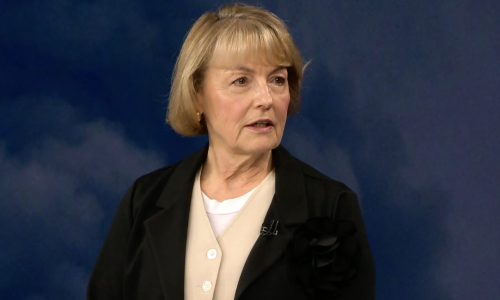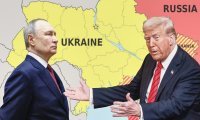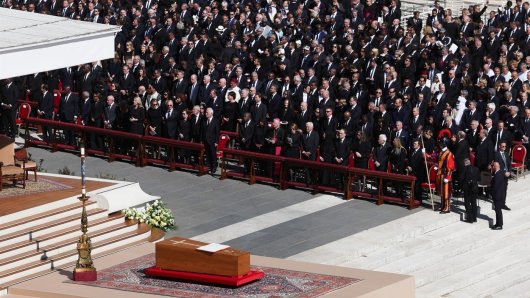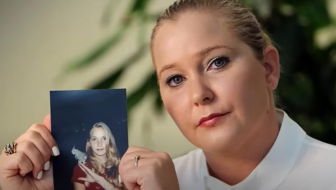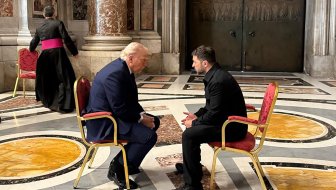Croatians will decide on their country's future in the 22 January EU entry referendum and in the event of the negative outcome, Croatia will find itself in a grave economic situation, Foreign and European Affairs Minister Vesna Pusic said on Saturday.
If citizens vote against Croatia's EU entry, "the first response will probably be a downgrading of our credit rating, and the second an assessment of Croatia's investment security, given that EU membership is also a measure of security for economic activities," said Pusic who joined a rally which her Croatian People's Party (HNS) held in downtown Zagreb today.
The purpose of the HNS event was to campaign for the country's EU accession.
Pusic said that voting "Yes" in the referendum would give Croatia a chance to pursue its policy of economic recovery.
"For us the referendum decision is a decision on the prospect of Croatia's economic survival," the minister said.
As for providing citizens with information about the EU, Pusic said that public discussions on the matter had been going on for 10 years, while discussions on negotiating areas covered by the policy chapters from the EU-Croatia membership talks had been going on for six years.
At this moment the negotiating positions and their abridged versions are available on the Internet. Everyone can obtain detailed information, she added.
Pusic does not deem the availability of information to be a problem. The referendum decision is not about any concrete data, but "is a fundamental decision on whether Croatia will secure political stability for itself, which means an opportunity for economic recovery in the long run, or renounce its political stability," Pusic said.
In response to reporters' comments that the 27-strong bloc was now in a crisis and that some EU member-states' credit ratings were being downgraded, Pusic said that she would like to see Croatia's credit rating rise to the level to which those countries' credit ratings had fallen.
"Beyond any doubt, the EU is an area of the highest-quality living and highest living standards regardless of all the current problems it is now coping with," the minister said.
As for the cost of holding the referendum, Pusic said that the referendum would cost less than parliamentary elections and that 40 million kuna would be spent on it.
Alongside the HNS pro-EU rally in Gajeva Street, a rally of anti-EU activists was being held in the nearby Trg Bana Jelacica square. Commenting on the event, Pusic said that she disagreed with the positions of anti-EU activists, but that they had every right to express their views.





